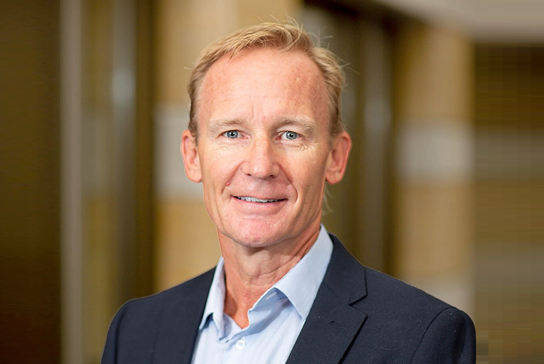
2025 Scholar Awardee
Krister Andersson is the Notre Dame Professor of Sustainability in the Keough School of Global Affairs at the University of Notre Dame (USA). His research focuses on the politics of environmental governance in the Global South, paying particular attention to the role of local institutional arrangements in explaining variation in environmental policy outcomes. His research has been published in four books, and some 90 peer-reviewed journal articles and book chapters.
To know more, visit https://keough.nd.edu/about/faculty-staff-directory/krister-andersson/
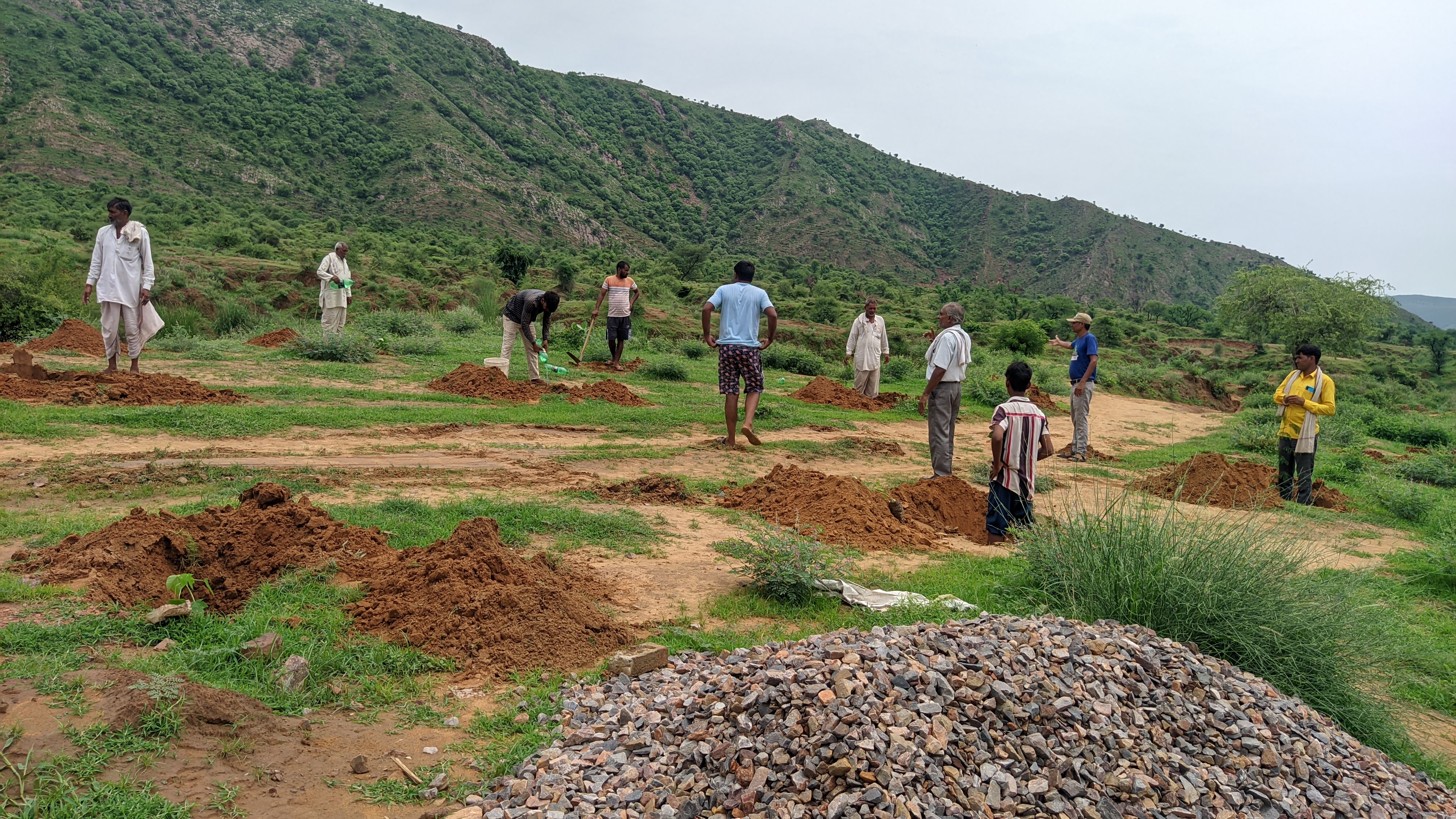
2025 Practitioner Awardee
KRAPAVIS (Krishi Avam Paristhitiki Vikas Sansthan) is a grassroots organization dedicated to conserving Orans (community conserved areas) in arid and semi-arid regions of Thar Desert and Aravali hill ranges in Rajasthan (India). For over three decades, KRAPAVIS has empowered local communities through ecological restoration, reforestation and the revival of traditional water systems within the Orans. It mobilises communities to document citizen science and map Orans. By fostering inclusive governance through Oran Committees and advocating at the highest legal levels, including a landmark Supreme Court ruling in 2024, KRAPAVIS has secured protection for over 25,000 Orans (covering over 600,000 hectares). Its visionary leadership and community driven model stand as a global example of sustainable commons management and environmental justice rooted in local wisdom.
To know more, visit https://www.krapavis-oran.org/
2025 Finalists
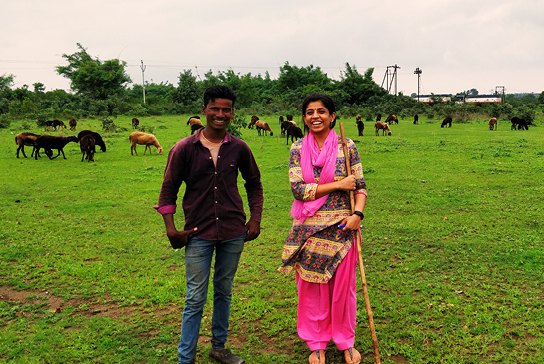
Practitioner
Dr. Mittali Sethi is an IAS officer and is working to build just, participatory systems in India’s tribal regions. Her postings in Melghat, Chandrapur, and now as District Collector of Nandurbar have focused on co-designed governance. She has led the convergence of Community Forest Rights with MGNREGA (Mahatma Gandhi National Rural Employment Guarantee Act) for commons management, strengthened decentralized healthcare, and developed inclusive digital systems for migration tracking and welfare portability—now adopted statewide. Across sectors, her approach prioritises collective ownership and dignity, aligning state mechanisms with community insight. Her work exemplifies Ostrom’s principles of local self-governance, institutional resilience, and the stewardship of shared resources.
To know more, please watch a video https://www.youtube.com/watch?v=mN-cni3Br90
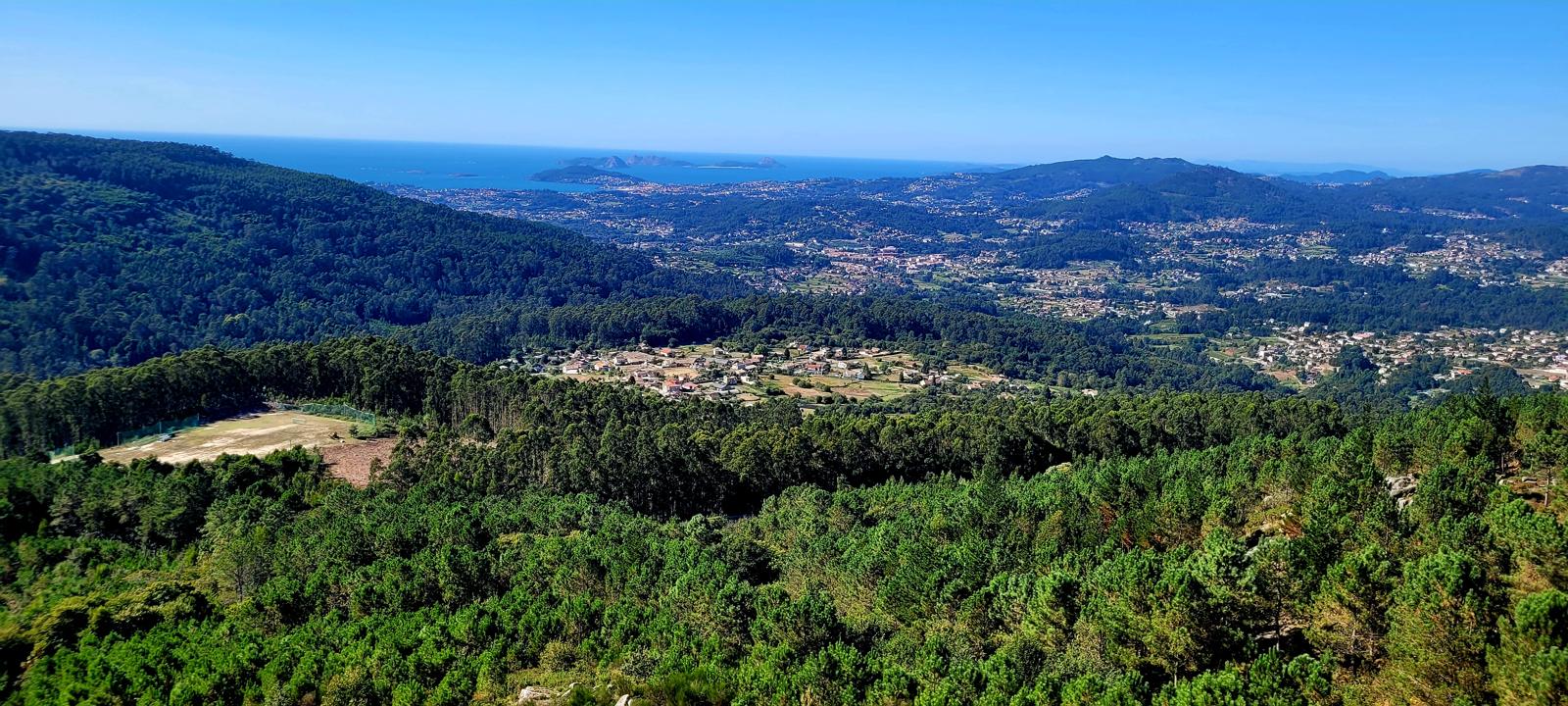
Practitioner
The Community of Montes de Couso is a living example of community-based governance rooted in ecological care, rural innovation, and intergenerational solidarity. As stewards of communally-managed territory, and recognized by the UN-ICCA registry, Couso regenerates post-extractive landscapes into multifunctional mosaics of biodiversity, edible forests, and social resilience. By replacing invasive eucalyptus with native chestnut and oak trees, and producing shiitake, berries, and resin, it sustains both ecosystems and livelihoods. Through collective water management, cultural memory rituals, energy autonomy, and inclusive decision-making, Couso reclaims the commons as a vital space for climate adaptation, equity, and care. It is not only managing a forest but also aims to cultivate a better future. Watch the video on their work here
To know more, please visit https://montesdecouso.gal/
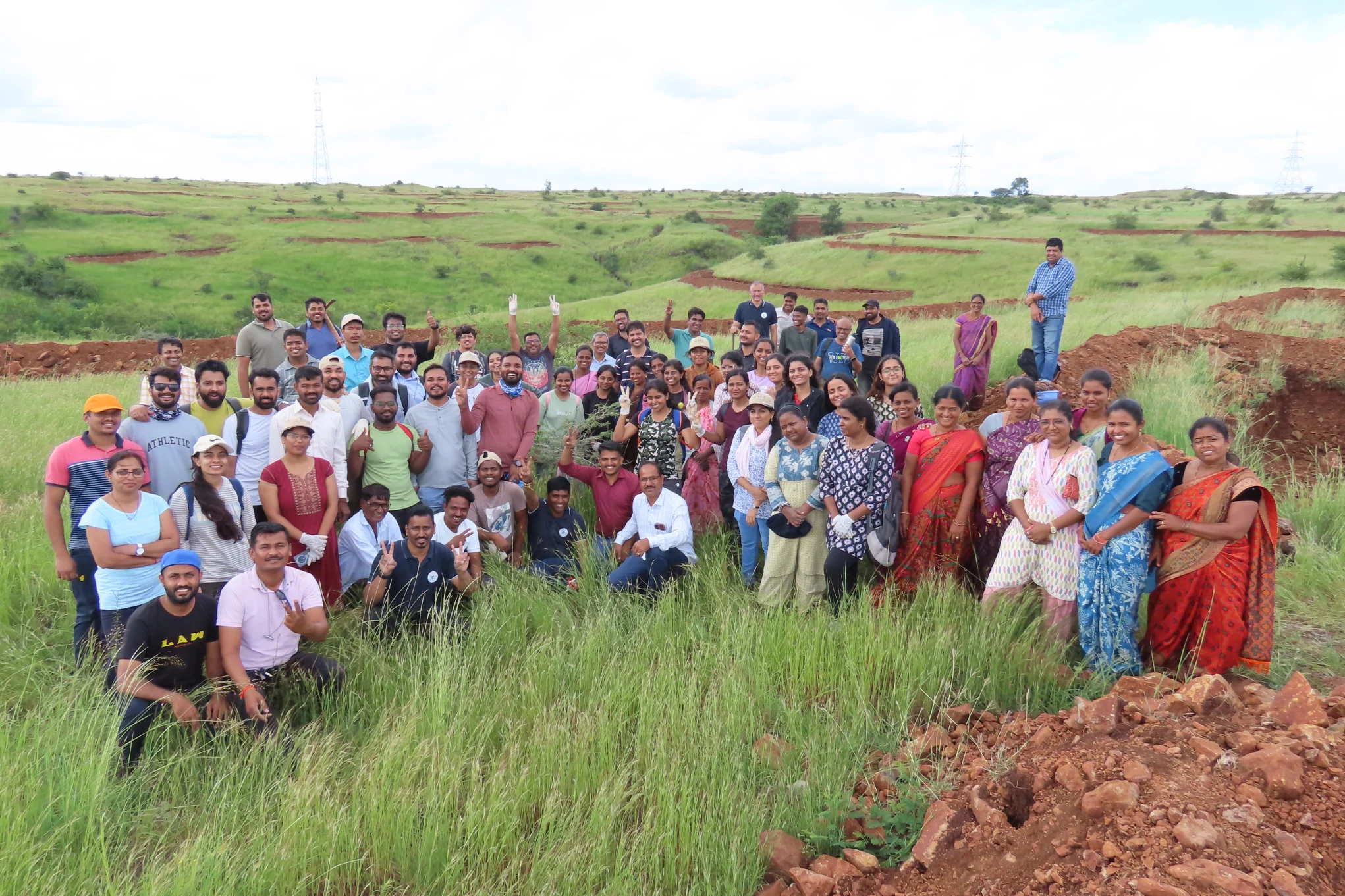
Practitioner
WOTR is a nationally and globally recognized development organization and think tank based in India, known for its extensive work in rural development. Committed to addressing the root causes of rural poverty, WOTR focuses on ecosystem restoration and strengthening community resilience to climate change.
Through an integrated approach—enhancing water availability, improving land and agricultural productivity, diversifying livelihoods, empowering women, and improving the health and well-being of vulnerable rural communities—WOTR has made significant progress in regenerating rural landscapes.Over the past three decades, WOTR has worked in 7,255 villages across 10 states in India, positively impacting the lives of more than 8 million people.
To know more, please visit https://wotr.org/
